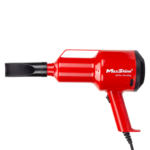Car Paint Defects
Car paint defects can be a frustrating and unsightly problem for any vehicle owner. These defects can range from small scratches and scuffs to larger issues such as swirl marks and oxidation. Fortunately, many of these types of paint defects can be fixed with a process known as paint correction.
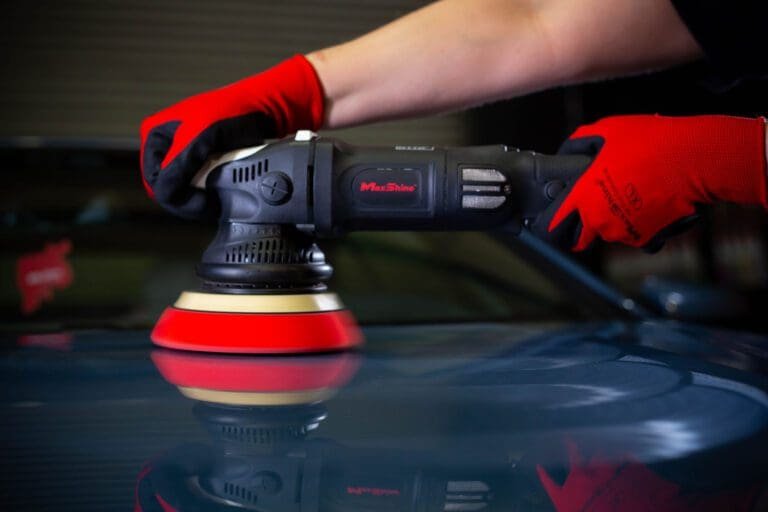
Paint correction is a multi-step process for “cutting” and polishing a car’s clear coat in order to level it out beyond the defects, either removing them entirely or reducing their appearance, and maximizing its shine.
In this blog, we will discuss some of the common car paint defects and remedies whether they can be fixed with paint correction:
Automotive Paint Defects
Keep in Mind!
When you hear people discuss correcting “paint” they are referring to the clear coat layer, not the actual paint layer. Most paint defects occur within the clear coat layer, severe defects go further into the paint layer or even down to the metal base.
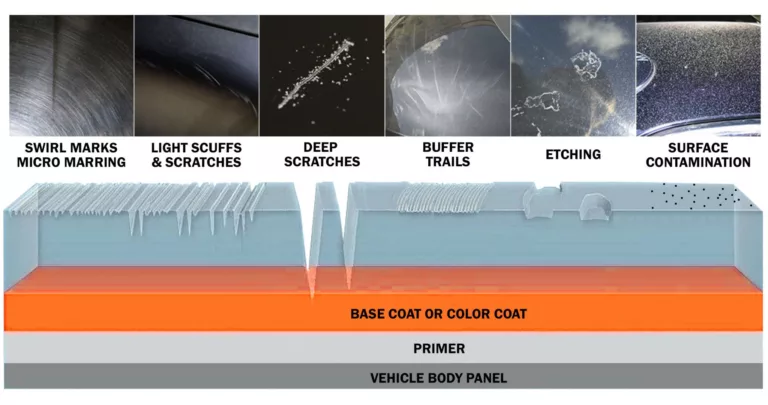
Swirl Marks
Swirl marks are very common new car paint defects. These marks are often caused by improper washing techniques, such as washing with an abrasive or dirty mitt or going through an automatic car wash. Paint correction can help remove these marks by polishing them out completely or greatly reduce their visibility, all depending on the severity of the swirling
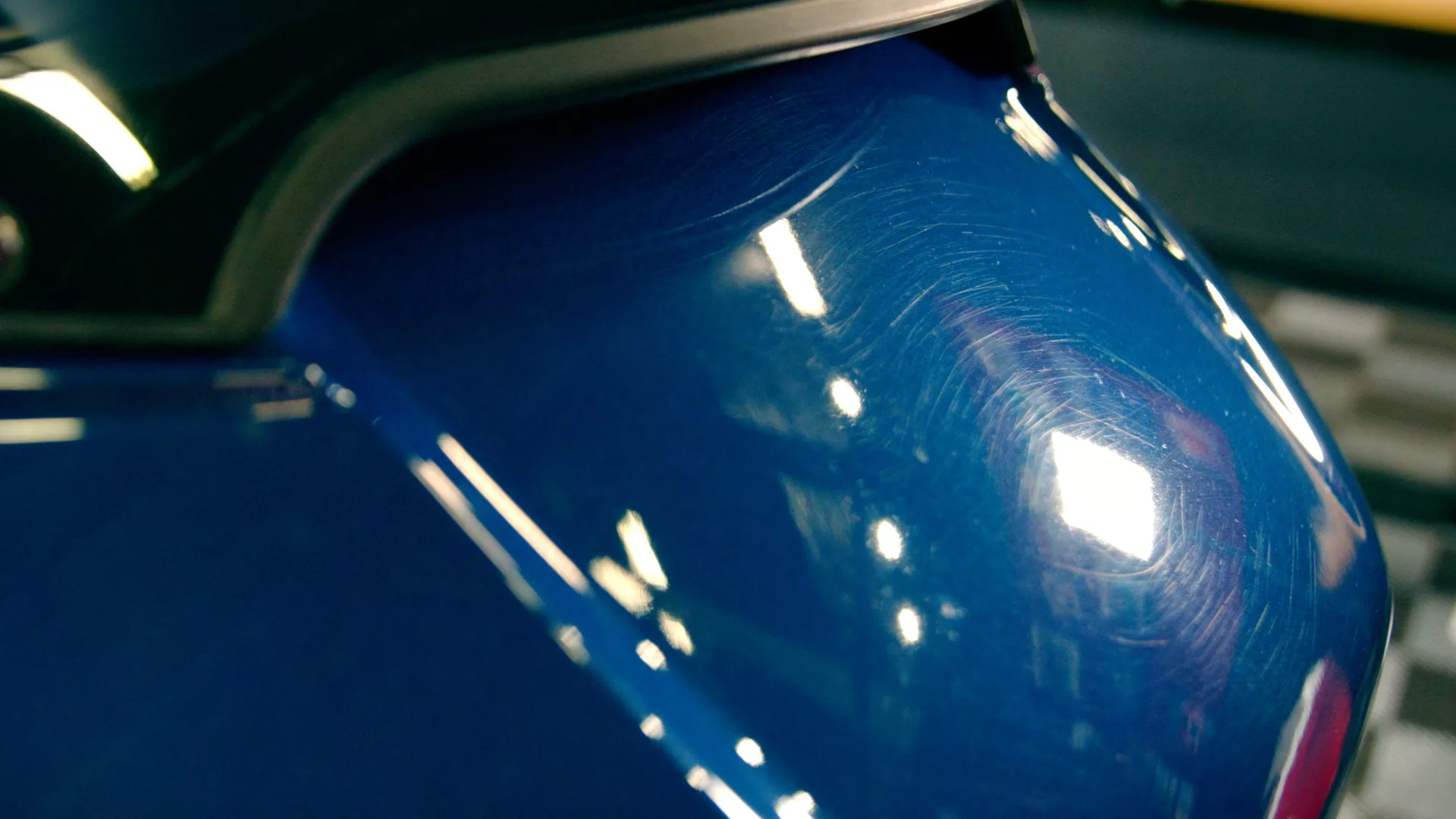

Minor Scratches & Scuffs
Small scratches and scuffs are some of the easiest to remove with paint correction. These car paint defects can be caused by a variety of factors, such as keys, gravel, bushes, even fingernails. With paint correction, these marks can be buffed out, leaving the paint looking smoother.
Deep Scratches
A scratch is considered “deep” when it has gone beyond the clear coat and into the paint or even the metal surface. This level of scratch cannot be repaired with paint correction and requires more advanced techniques such as a paint touch-up or full panel repainting.

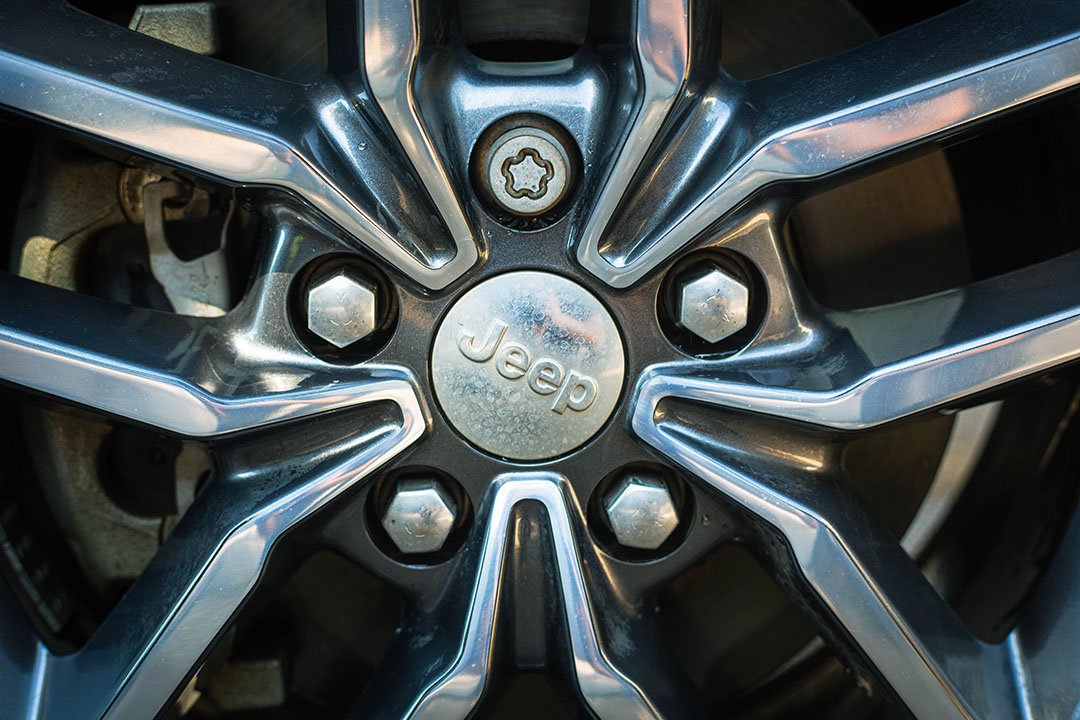
Water Spots
Water spots are car paint defects caused by mineral buildup from hard water. Not drying a vehicle well enough after a wash or getting hit with sprinklers are common culprits. Water spot remover can eliminate more recent spots, but the longer the spot has been on the paint the harder it is to remove. That’s where paint correction may be able to help. Again, depending on the severity of the mineral deposit and how long it’s been left on the paint, a process of correction is often able to remove or reduce water spot marks, but is not fully guaranteed.
Etching from Bird Droppings
The acidity of bird droppings can burn into the paint if left for too long. It leaves an etching in the clear coat which must be leveled by performing a paint correction. However, if the etching has gone too deep, paint correction won’t be enough.
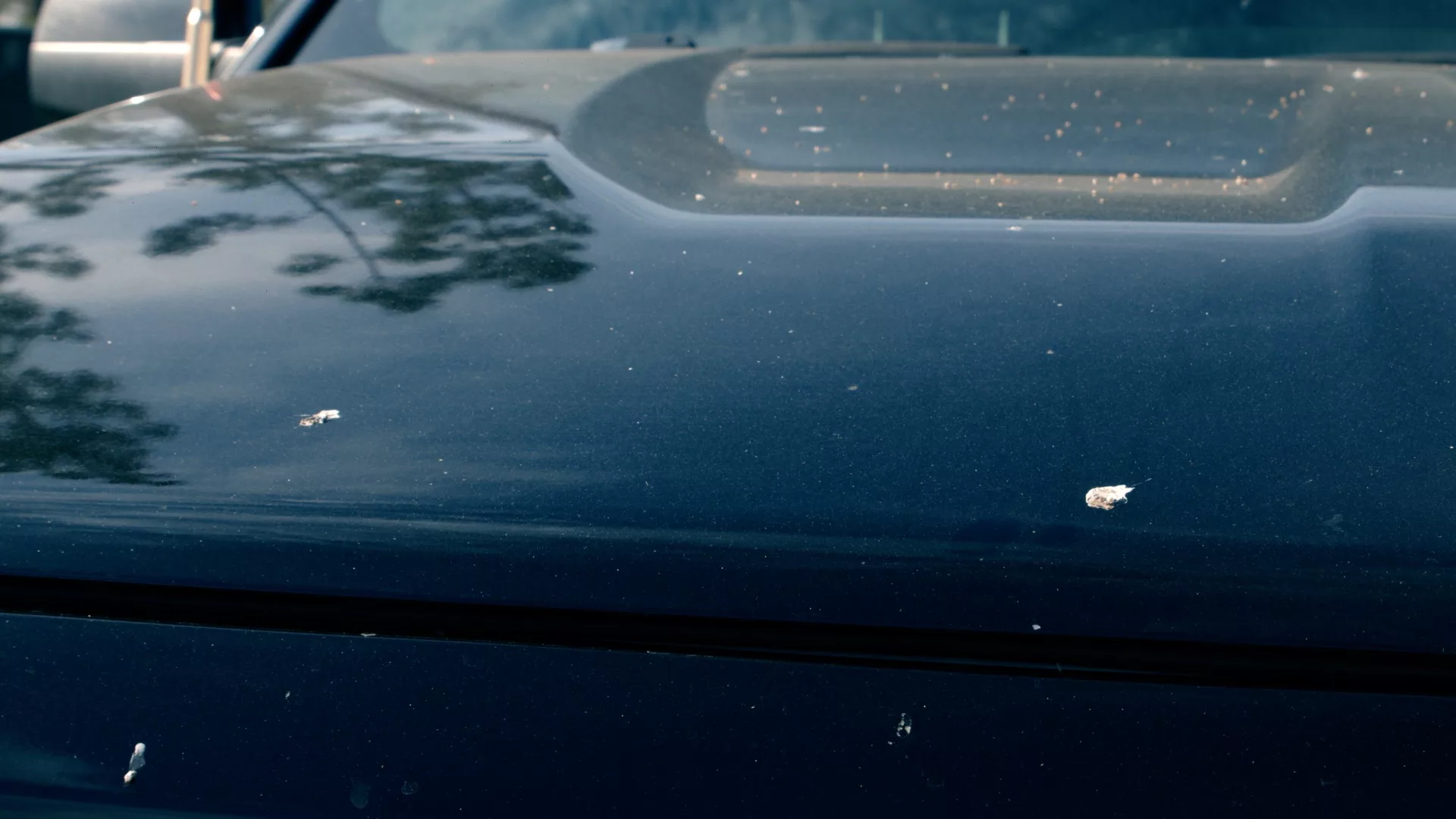
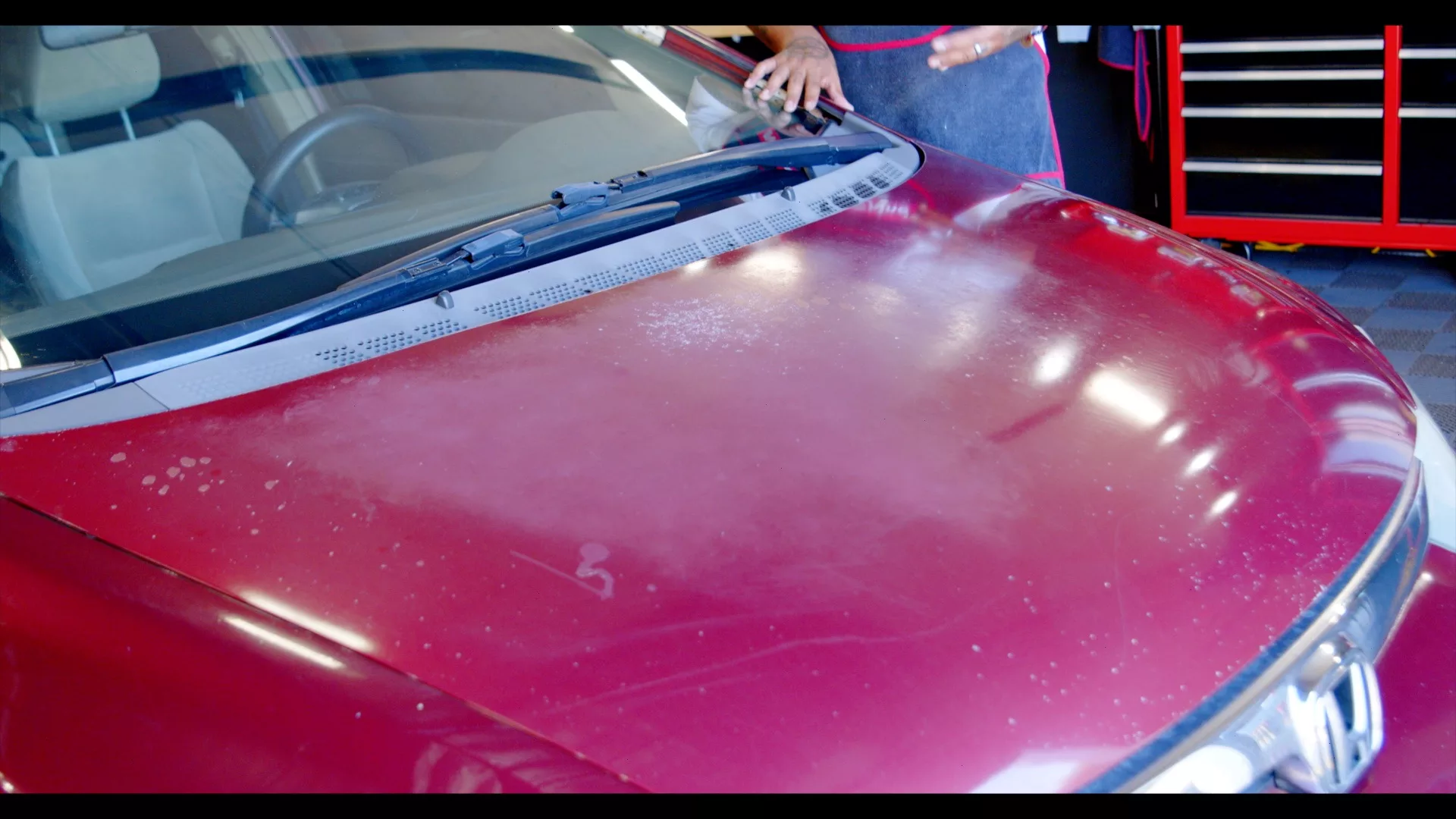
Oxidation
Car paint oxidation occurs when a vehicle’s paint is exposed to the elements, the main culprit being UV rays. This can cause the paint to become dull and faded. If enough clear coat is still intact, then paint correction can help bring back the shine, otherwise….
Heavy Oxidation and Clear Coat Failure
When heavy oxidation is present it often means the clear coat has been severely damaged to the point paint correction cannot repair. Further clear coat failure can look like it’s peeling, flaking, or blistering. This is another scenario where repainting is the only option.
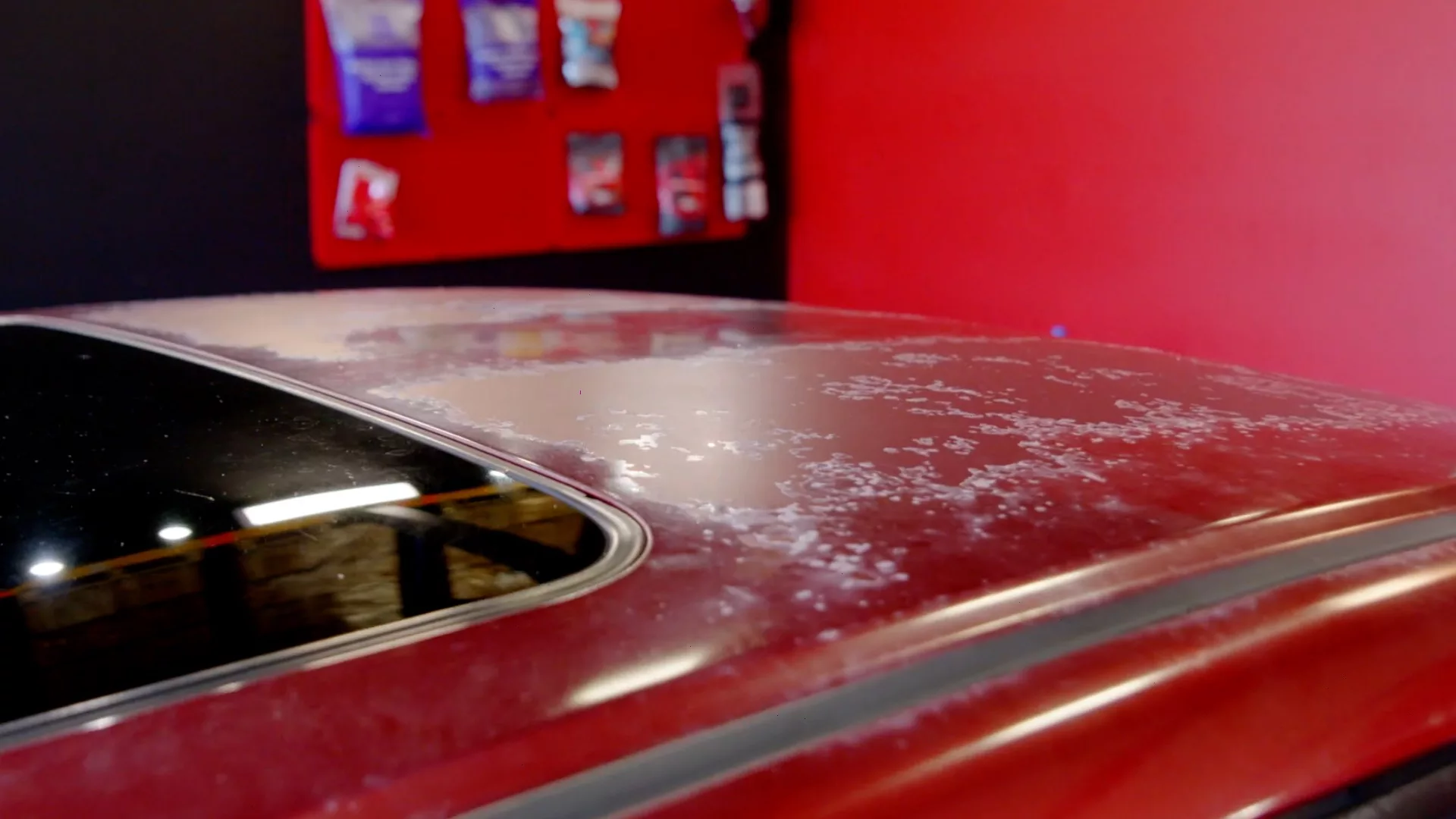
CAR PAINT DEFECTS
Conclusion
While paint correction is an effective way to fix many common paint defects, there are some that cannot be fixed with this process.
By regularly maintaining your vehicle’s paint with routine washes and protective coating application, you can keep your vehicle looking new and prolong the life of your paint.
OUR LATEST ARTICLES
Sign Up to get the latest Detailing Articles and Promotions!
Will be used in accordance with our Privacy Policy

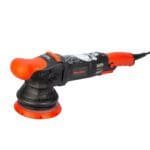 Dual Action Polisher
Dual Action Polisher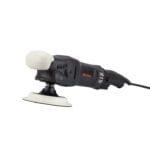 Rotary
Rotary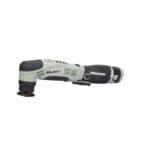 Cordless Polisher
Cordless Polisher Car Polisher Accessories
Car Polisher Accessories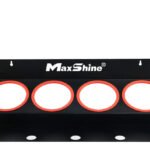
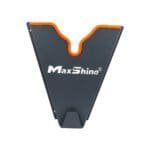 Wall & Wheel
Wall & Wheel Detailing Brush Holders Compound Holders
Detailing Brush Holders Compound Holders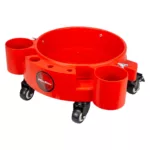 Dollies
Dollies Cart & Stool
Cart & Stool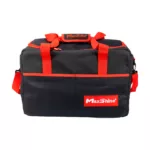 Detailing bags
Detailing bags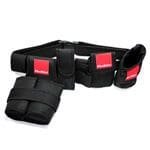 Accessories
Accessories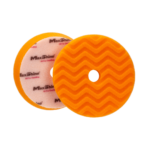
 Pad Kits
Pad Kits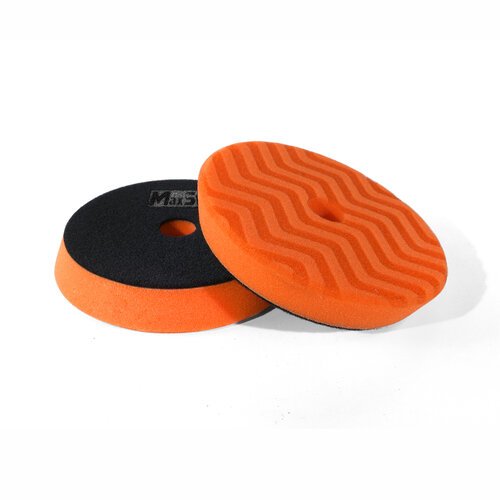 Foam Pads
Foam Pads High Pro
High Pro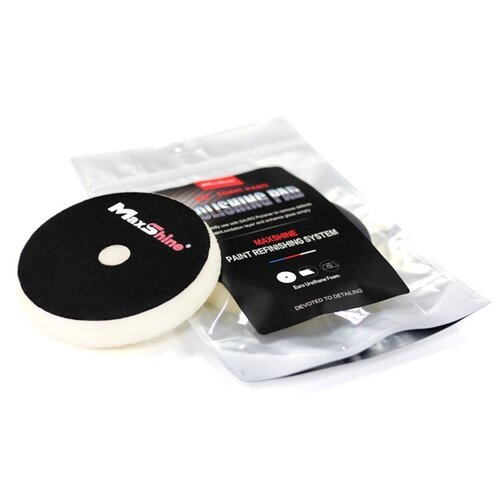 Medium Pro
Medium Pro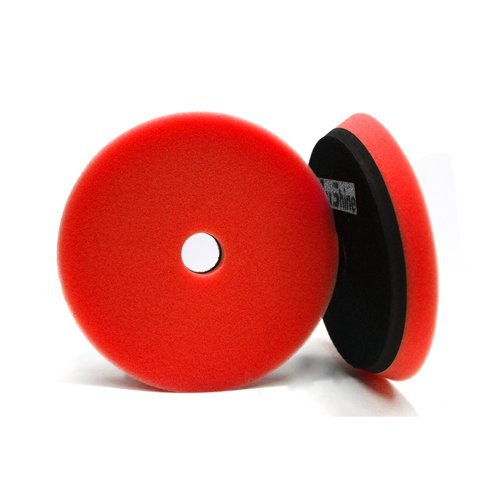 Low Pro
Low Pro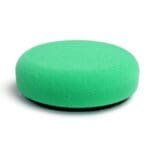 Flat
Flat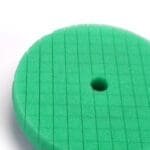 Cross Cut
Cross Cut Wool Pads
Wool Pads Microfiber Pads
Microfiber Pads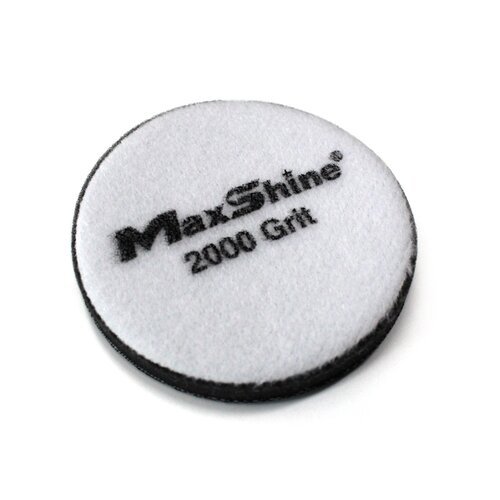 Orange Peel
Orange Peel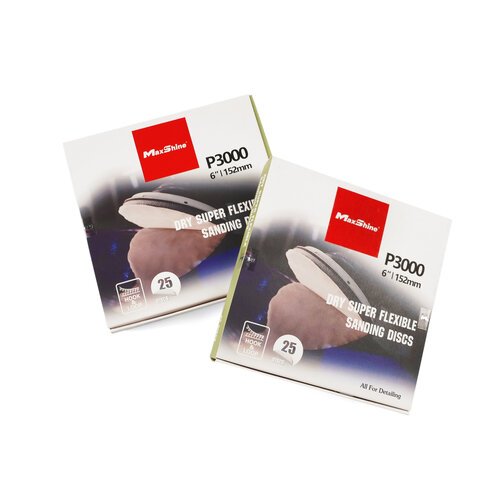 Sand paper
Sand paper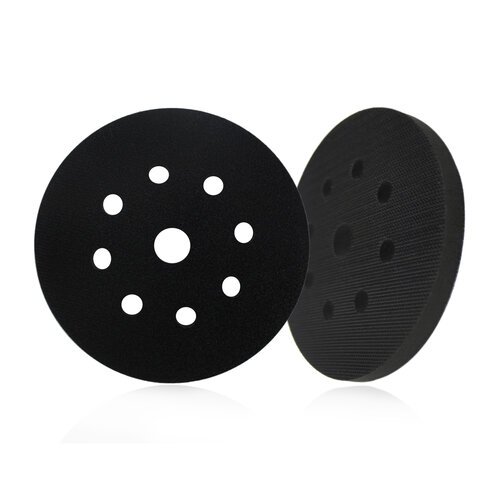 Foam Interface
Foam Interface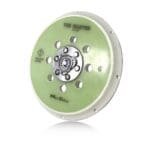
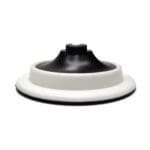 Rotary backing
Rotary backing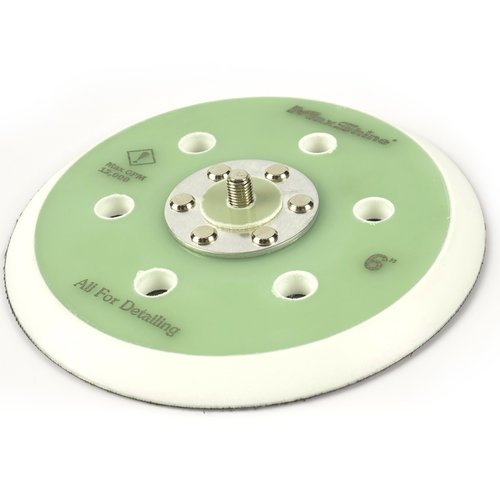 Dual action backing
Dual action backing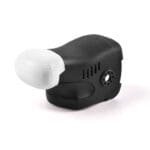
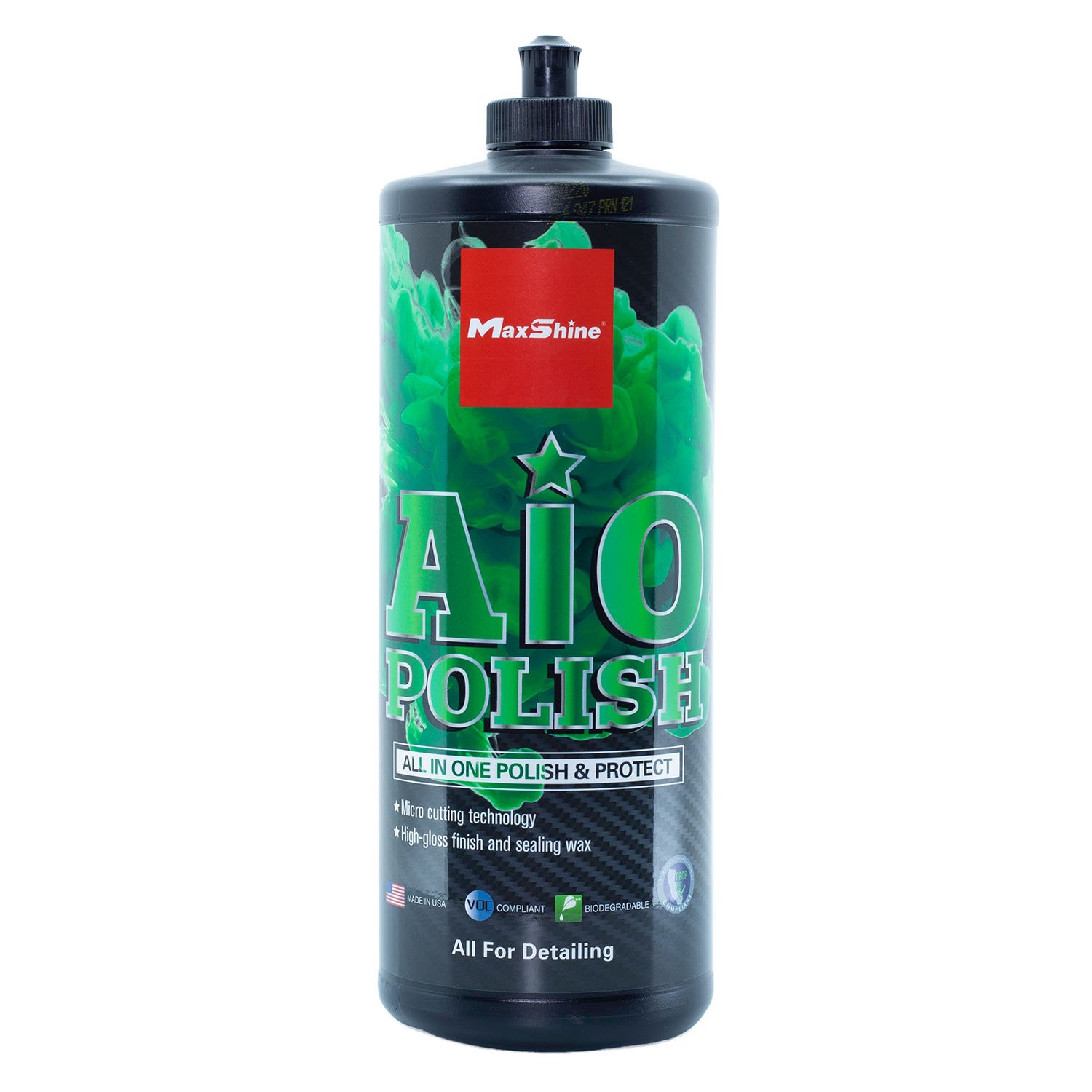
 Car Exterior Cleaning Chemicals
Car Exterior Cleaning Chemicals Wheel and Tire Cleaners
Wheel and Tire Cleaners Car Interior Care Chemical
Car Interior Care Chemical Paint Correction & Enhancement Chemicals / Compounds
Paint Correction & Enhancement Chemicals / Compounds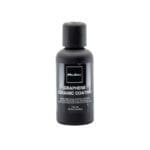 Paint Protection Chemicals
Paint Protection Chemicals
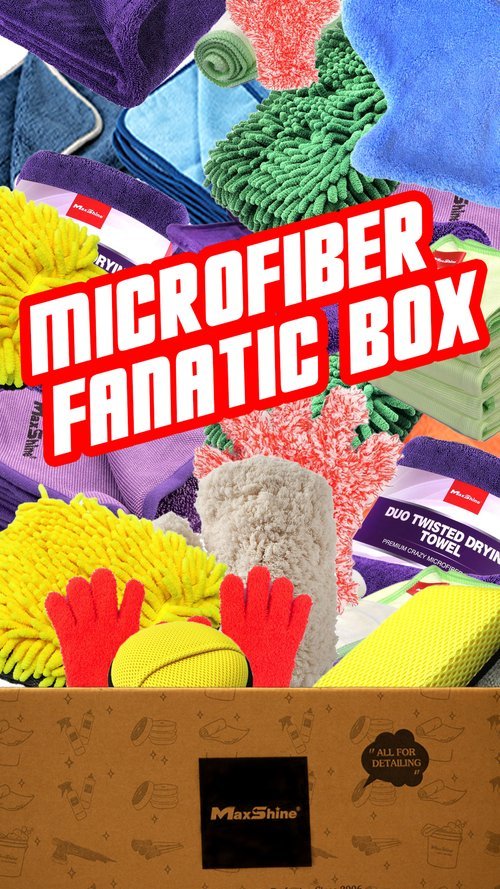 Subscription
Subscription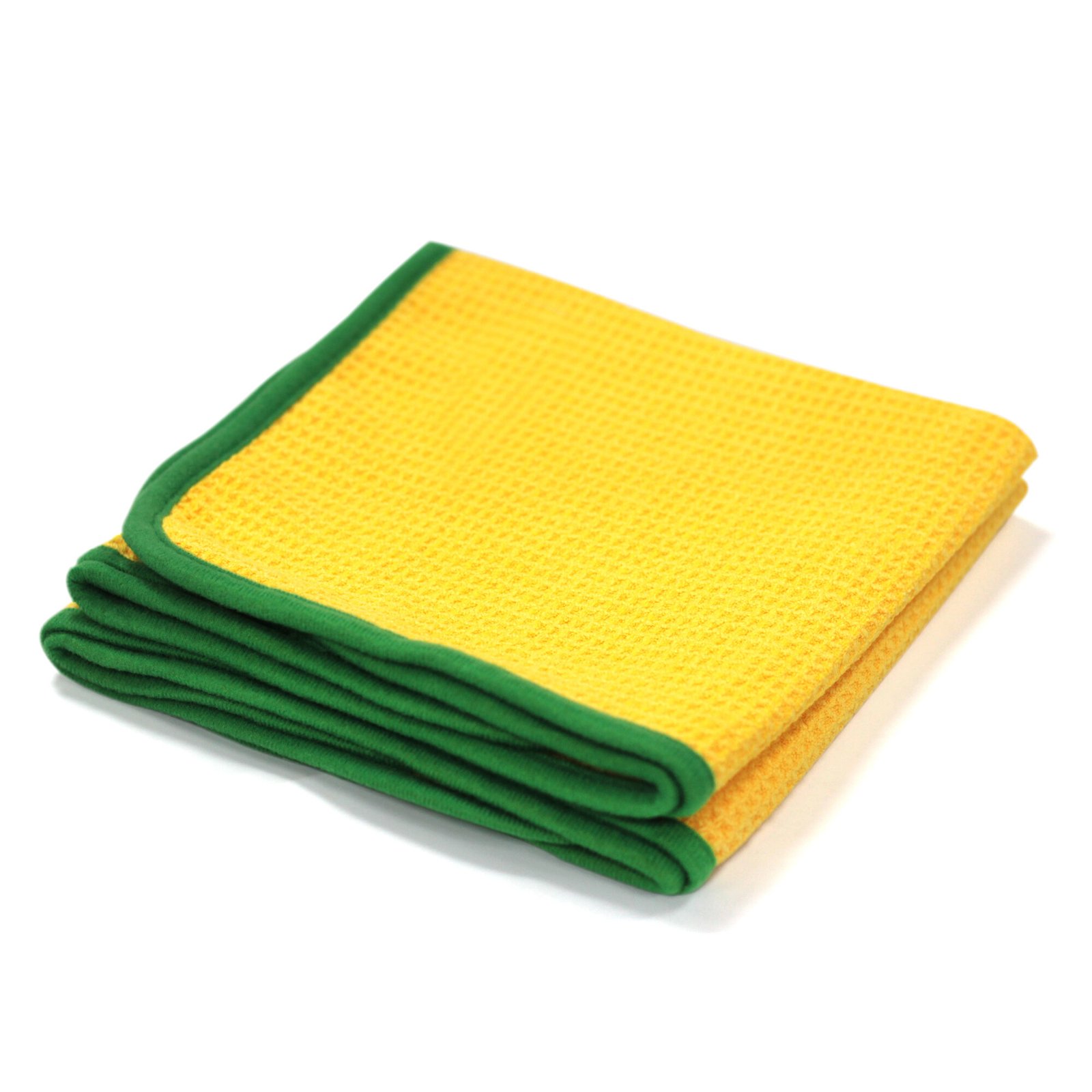 Glass
Glass Polish Removal & Coating Leveling
Polish Removal & Coating Leveling Coating Buffing & Rinseless Wash
Coating Buffing & Rinseless Wash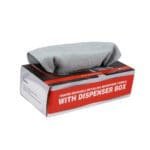 General Purpose
General Purpose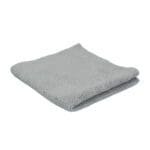 Utility
Utility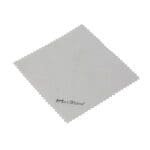 Suede
Suede Crazy Microfiber
Crazy Microfiber
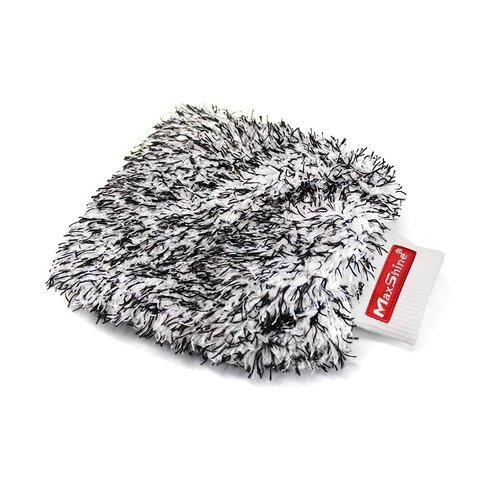 Mitts
Mitts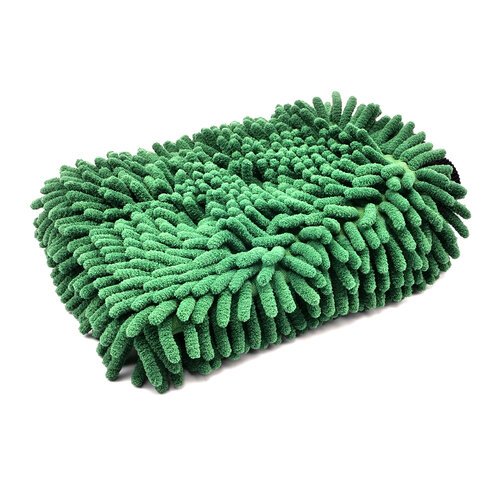 Pads
Pads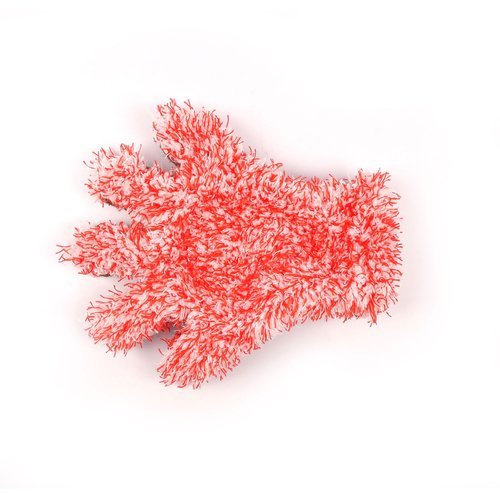 Gloves
Gloves Microfiber
Microfiber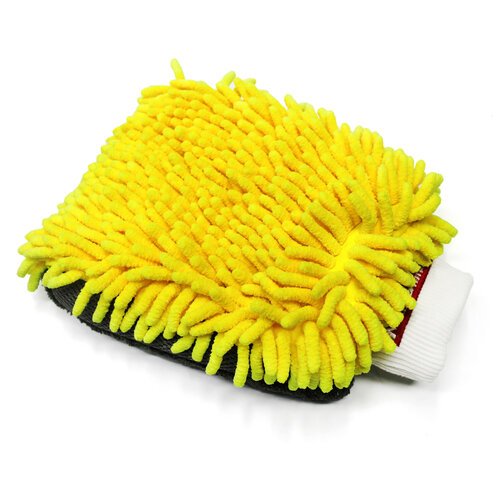 Chenille
Chenille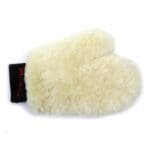 Wool
Wool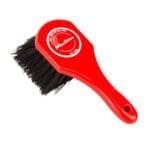
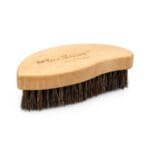 Interior
Interior Exterior
Exterior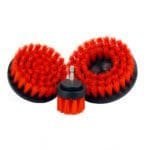 Carpet
Carpet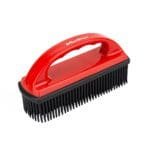 Pet Hair
Pet Hair Detail
Detail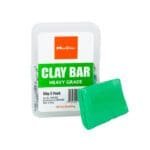
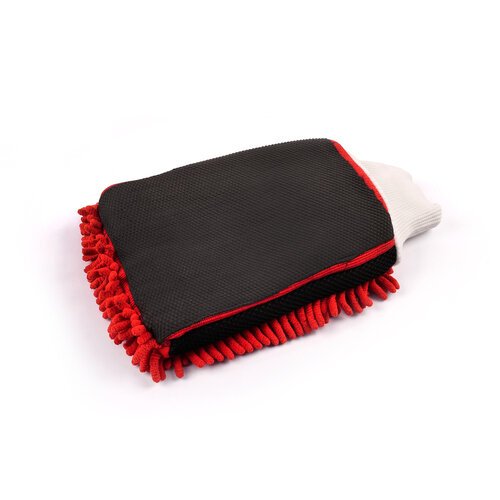 Clay Mitts
Clay Mitts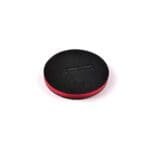 Clay pads
Clay pads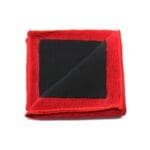 Clay towels & sponges
Clay towels & sponges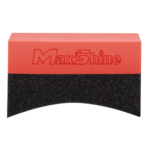
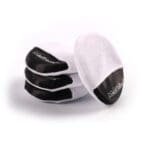 Ceramic
Ceramic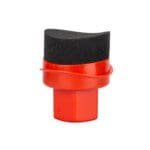 Tire
Tire
 Kits
Kits

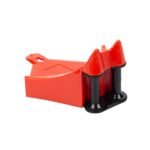


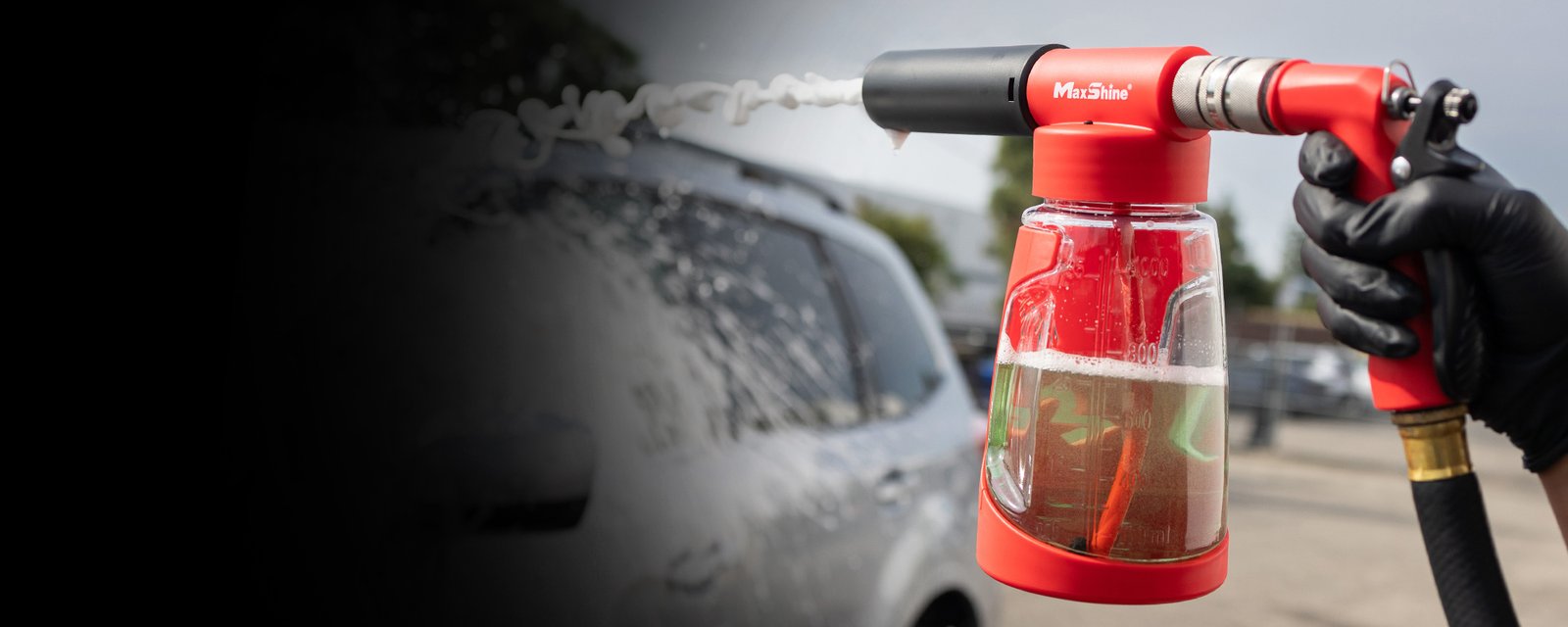
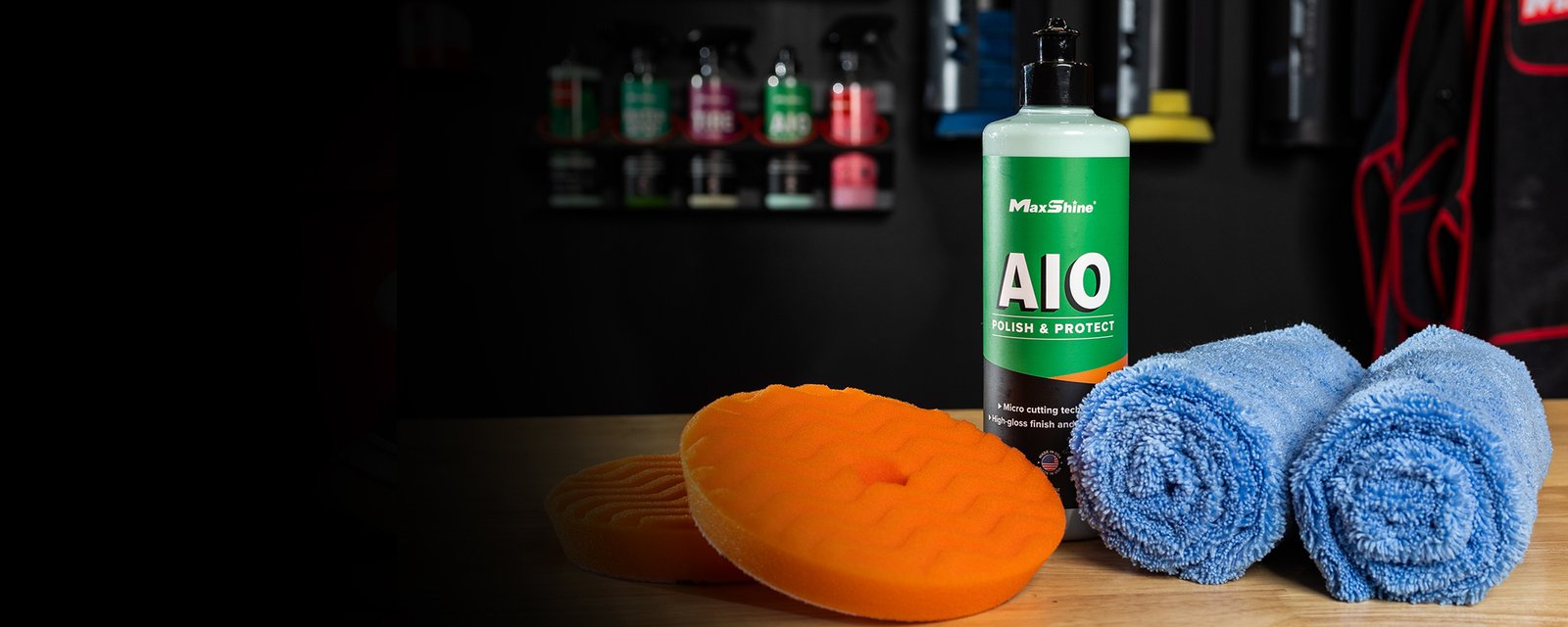


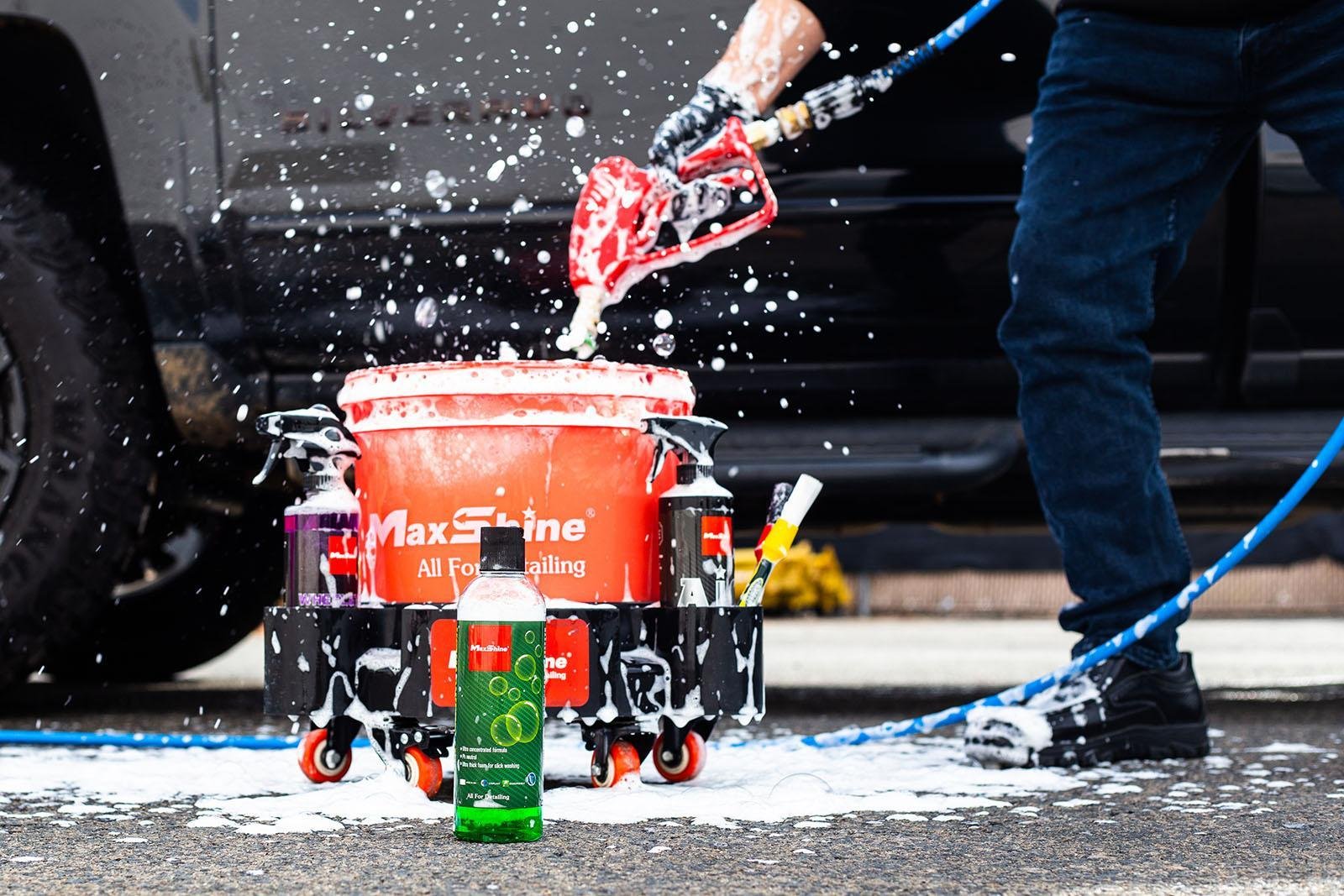
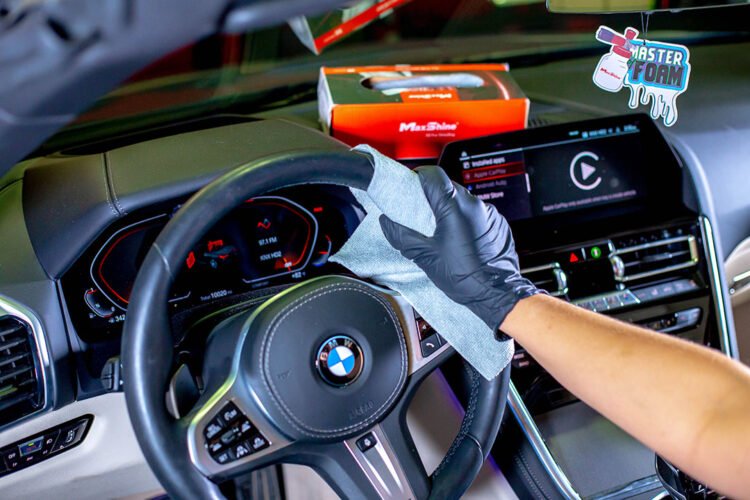

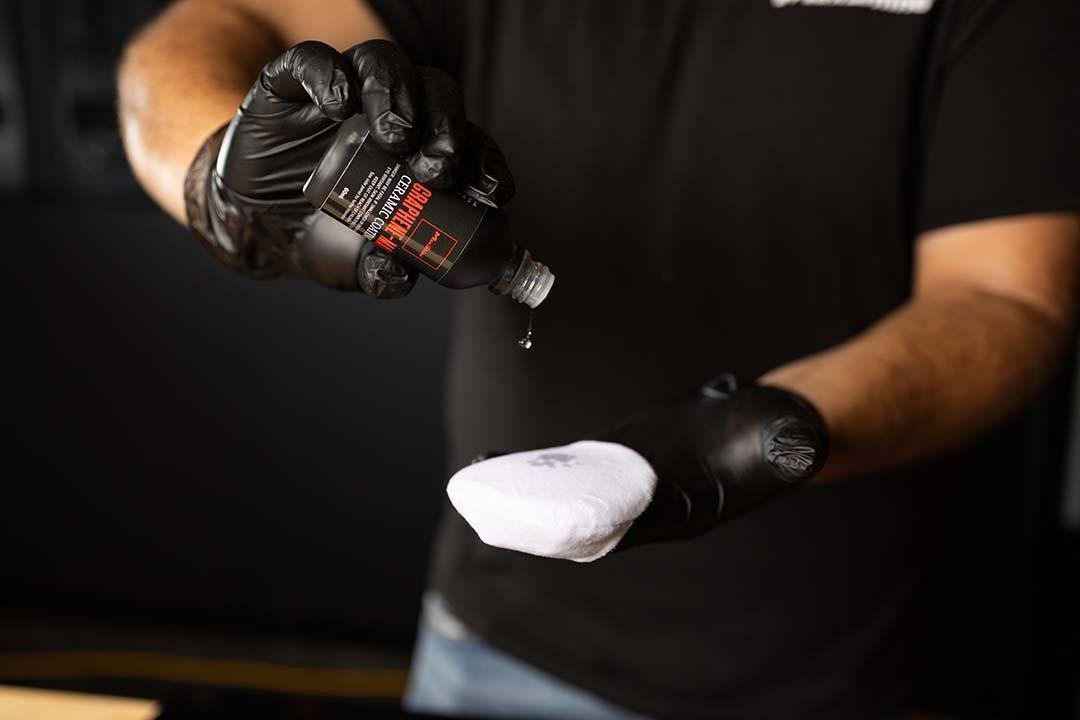






 Engine
Engine